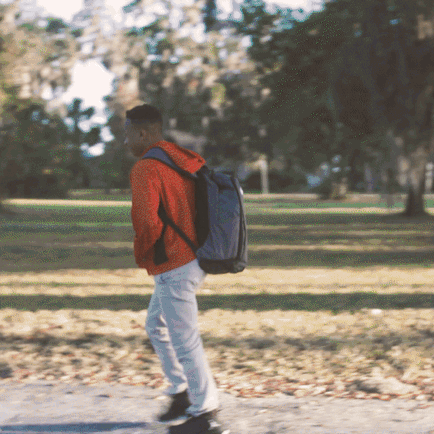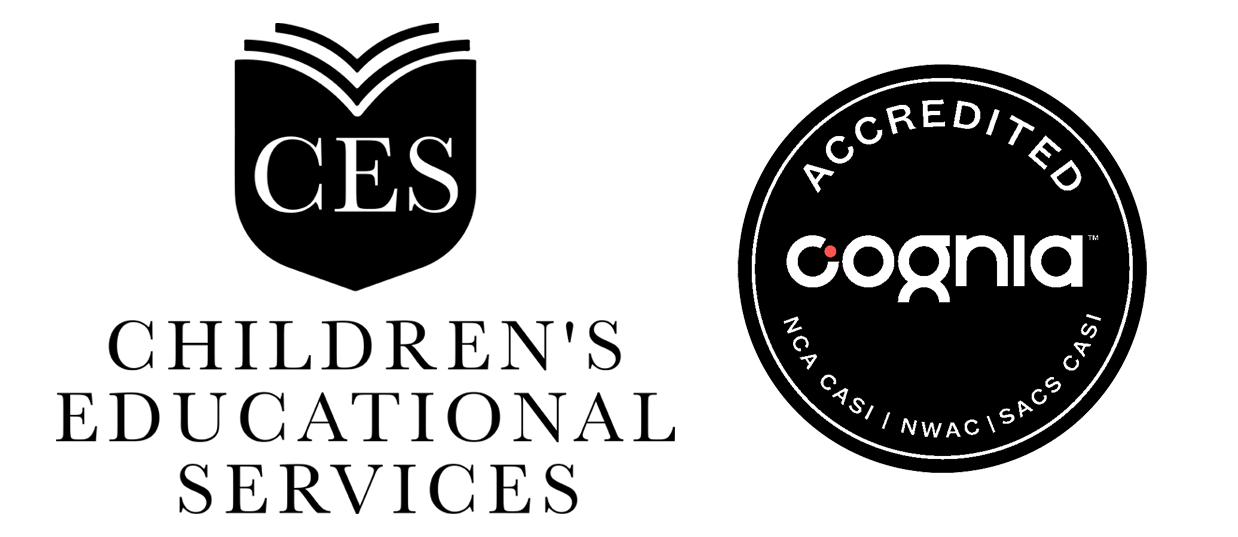Find a list of schools 🔍
To teach their children the necessary skills for an ever-changing world, many parents are choosing private school education. With options ranging from boarding schools to alternative schools to preschools, there is almost certainly a school to suit each and every child. Here are the reasons why parents are choosing to give their children the unique experience of private school and why it’s worth the financial investment.
Enriched academic opportunities
One of the accepted benefits of private schools is that they provide exceptional and challenging educational experiences through extracurricular activities, Advanced Placement courses, the International Baccalaureate programme (and the IB diploma program), and gifted programs, just to name a few. “The IB programme focuses on school work and on developing you as a whole person,” explains Myriam Choma, a Grade 12 student at Ashbury College, in Ottawa, Ontario, “I didn’t find that in any of my other schools.” Private school students constantly score top marks on standardized tests and college entrance exams, and many schools have close to a 100% rate of students attending their university of choice.
Smaller classes
A comprehensive study on class size made by educational researchers Bruce Biddler and David Berliner in 2002 showed that the smaller the class size, the better the average student performs on academic achievement tests. Eric Vosko reflects on his experience as a student at The Rosedale Day School, in Toronto, Ontario. “It was weird for me because the school was so small. It was the right decision for sure, it has been a great school.” And the gains from smaller class sizes are stronger the longer a child is exposed to them. Private schools vary greatly in size, but depending on their teaching style, almost all focus on the importance of small class sizes to individually help students’ weak areas and advance their strengths.
Parental involvement
Private schools are built around open communication between parents and administration, and they make it a priority to involve parents in the community. From frequent parent-teacher meetings, social events such as parent breakfasts and family camping weekends, and the participation of parent committees in fundraising initiatives, families become an integral part of the child’s education. This common ground also helps strengthen parent-child relationships.
Dedicated teachers
In a study completed by the Fraser Institute in 2007, 91% of parents surveyed said the dedication of the teachers was their main reason for choosing private school. Instructors are both qualified and passionate about their subjects, often holding advanced degrees in their field. Within the tight-knit school community, students have close relationships with their teachers who commonly act as role models. “That involves most of my life,” says Blake Gage about teaching, coaching basketball and being a house parent to 50 boarders at Brentwood College School, in Mill Bay, British Columbia. In addition, small class sizes make staff members more readily available for extra help or to further challenge individual students.
A safe environment
Private schools have reputations for maintaining high standards for discipline and respect. Lower staff-to-student ratios allow for more effective observation and control of school grounds. The strong sense of community found in private schools also discourages dangerous behaviour. In the Fraser Institute study, around 72% of parents surveyed with children in the private school system strongly agreed that their school was safe, which greatly improves the quality of the child’s educational experience and achievement. The discipline they learn also improves their rates for success in post-secondary education, when they are in control of their class attendance and achievement.
Community environment
According to a Fraser Institute survey, 62% of parents with children in the private school system believe their school’s environment is motivating, supportive and nurturing. Taranvir Sandhu, a Grade 10 student at MPS Etobicoke, says “I made friends right away,” he says. “I really like how it’s a big family here.” Former students repeatedly report that the friendships they formed in private school have lasted post-graduation. A strong sense of pride is often instilled in private school alumni, creating rich networking opportunities upon entering the workforce. This is sometimes especially true at faith-based schools, such as Christian, Catholic, Jewish, and Islamic schools.
Ample resources
At private schools, you’ll find incredible resources to support student learning in the classroom, sports field, art studio, and beyond. Quality resources and extracurriculars provide students with the opportunity to fully explore their interests and talents.
Extracurricular activities
While academics remain the priority for most private schools, many also place a strong focus on a well-rounded education and encourage participation in extracurricular activities, such as sports, music, arts, or clubs. This involvement helps stimulate students in their studies, as noted in a study at Stanford University that found that students involved in the arts are more motivated to learn and are three times more likely to win a school attendance award. Grant MacDonald, whose two daughters attend Newbridge Academy, in South Surrey, BC, says that sport “has become part of their daily life. It has made them more focused. They’re both doing very well academically.” Extracurricular activities can provide a much-needed break from the stresses of academics, while developing skills and engaging in valuable social situations.
Shared educational philosophy
There are innumerable approaches to education, and finding a school or preschool that matches one’s own perspective can create a positive, productive academic experience for your child. Whether you prefer the student-directed learning method of Montessori, or the arts-based curriculum of a Waldorf or Reggio Emilia-inspired school, choosing the right private school will not only allow students to thrive in a supportive environment and build independence, but also gain unique skills that fit their learning style. Parent Erin Craig states of her experience, “Montessori seems to be able to individualize the focus so it pulls out of them what it needs too.”
Development for today’s and tomorrow’s world
Private schools go beyond offering the mandatory subjects required by provincial curriculum; they can offer students a wide range of specializations including arts programs, athletics, math, science. Private schools are responsible for producing many leaders in politics, business and society, with a history of adapting quickly to changes in technology and culture. And today, they are also sought by parents of kids with special needs such as behaviour (including troubled teen behaviour), learning, developmental, or physical disabilities.
Source: OUR KIDS


